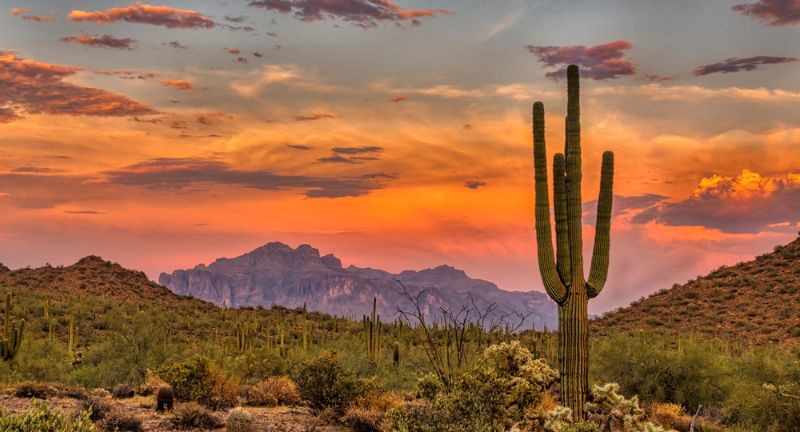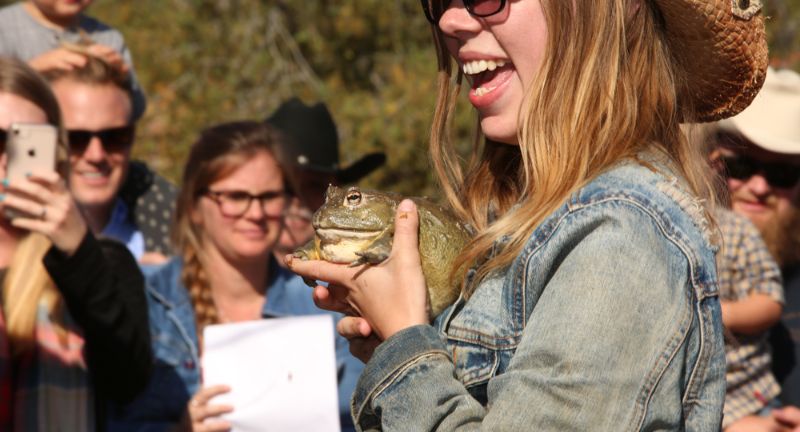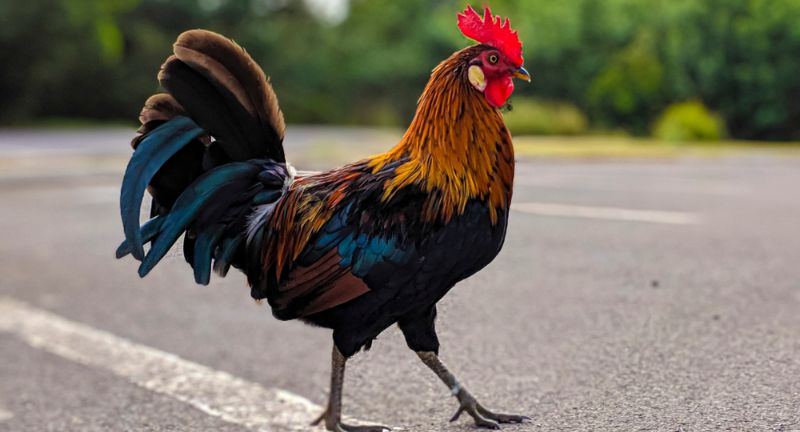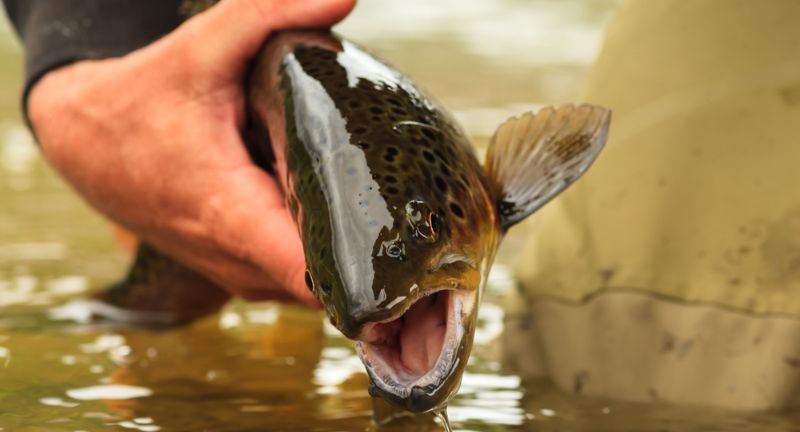CRIME
22 State Laws That Are Hard To Believe They Actually Exist
Published
2 months agoon

Shutterstock
Every state in the U.S. has its fair share of unusual laws, some of which are so bizarre they leave you scratching your head. These quirky regulations often stem from old traditions, outdated practices, or hyper-specific local concerns. While many of these laws are rarely enforced today, they remain a fascinating part of America’s legal history. From the funny to the downright strange, these laws reflect the unique character of each state. Let’s dive into 27 hard-to-believe laws that are still on the books across the country.
Alabama: No Ice Cream in Back Pockets

Shutterstock
In Alabama, it’s illegal to place an ice cream cone in your back pocket. This quirky law was originally enacted to prevent horse theft, as placing a treat in your pocket could lure horses away without technically stealing them. Though it’s not likely enforced today, the law remains on the books. It’s a fascinating glimpse into the state’s unique legal history.
Alaska: No Moose on Sidewalks

Shutterstock
In Alaska, it’s illegal to push a live moose out of a moving airplane. While the scenario seems absurd, the law highlights Alaska’s unique relationship with its wildlife. Similarly, moose are prohibited from standing on sidewalks in certain areas. These regulations showcase the state’s efforts to manage human and wildlife interactions in a humorous way.
Arizona: No Cacti Cutting

Shutterstock
In Arizona, it’s illegal to cut down a saguaro cactus without a permit. These iconic cacti can live for hundreds of years and are protected under state law. Violators can face hefty fines and even jail time. This law reflects Arizona’s dedication to preserving its unique desert landscape.
Arkansas: No Honking After 9 PM

Shutterstock
In Arkansas, it’s illegal to honk your horn near a sandwich shop after 9 PM. This bizarre law likely originated to reduce noise disturbances in residential areas. Although it seems humorous today, it remains a part of the state’s legal code. It’s a reminder of how laws can reflect local customs and concerns.
California: No Frogs in Frog-Jumping Contests

Shutterstock
In California, frogs participating in frog-jumping contests cannot be eaten afterward. This law was designed to protect these amphibians during events like the Calaveras County Fair’s famous Frog Jumping Contest. Any frog injured or killed must be properly disposed of and not consumed. The law underscores California’s quirky but serious approach to animal welfare.
Colorado: No Catapulting

Shutterstock
In Aspen, Colorado, it is illegal to fire catapults at buildings. This archaic law likely dates back to early safety regulations in the town’s history. Though it may seem outdated, the law remains on the books. It’s a reminder of how times—and weapons—have changed.
Connecticut: Pickles Must Bounce

Shutterstock
In Connecticut, a pickle is not legally considered a pickle unless it bounces. This unusual law was enacted in the 1940s after two pickle packers were caught selling substandard pickles. The bouncing test became a way to ensure quality. Though bizarre, it highlights the state’s commitment to food standards.
Delaware: No Whispering in Church

Shutterstock
In Delaware, it’s illegal to whisper in church. This law reflects historical efforts to maintain order and reverence during religious services. Although rarely enforced, it remains a curious part of the state’s legal code. It’s a reminder of how laws can reflect cultural and moral expectations of the time.
Georgia: No Chicken Crossing the Road

Shutterstock
In Quitman, Georgia, it’s illegal for chickens to cross the road. This law likely originated as a way to prevent poultry from causing traffic accidents. While humorous today, it reflects local concerns about safety and responsibility for livestock. It’s a quirky take on a classic joke.
Hawaii: No Billboards

Shutterstock
Hawaii has banned billboards to preserve the natural beauty of its landscapes. This law ensures that commercial advertisements don’t interfere with scenic views. It’s a unique regulation that reflects the state’s commitment to environmental aesthetics. Visitors and residents alike appreciate the unobstructed beauty of the islands.
Idaho: No Cannibalism

Shutterstock
In Idaho, cannibalism is illegal except in cases of extreme necessity. This law reflects a grim yet realistic acknowledgment of survival scenarios. While it’s a rare and extreme situation, the law explicitly addresses the issue. It’s an example of a state addressing even the most unlikely of circumstances.
Illinois: No Fancy Bike Riding

Shutterstock
In Galesburg, Illinois, it’s illegal to ride a bike with no hands. This law was likely enacted to ensure safety on the roads. While it may seem trivial, it reflects local efforts to minimize accidents. It’s a reminder that even fun activities have rules.
Indiana: No Catching Fish with Bare Hands

Shutterstock
In Indiana, catching fish with your bare hands is prohibited. This law, known as a ban on “noodling,” was designed to protect fish populations and ensure ethical fishing practices. It also prevents dangerous encounters with aquatic life. While unusual, the law highlights efforts to balance tradition with conservation.
Iowa: No Faking Your Butter

Shutterstock
In Iowa, it’s illegal to sell margarine as butter. This law was enacted to protect dairy farmers and ensure consumers are not misled. While it may seem outdated, it reflects the state’s strong agricultural roots. It’s a curious example of how food labeling regulations have evolved over time.
Kansas: No Screeching Tires

Shutterstock
In Kansas, it’s illegal to screech your tires on public roads. This law was enacted to reduce noise pollution and prevent reckless driving. While it may sound unusual, the regulation promotes road safety and community peace. It’s a reminder to drive responsibly, even in quiet towns.
Kentucky: No Dyeing Ducks Blue

Shutterstock
In Kentucky, it’s illegal to dye a duck, chick, or rabbit blue and sell it unless you’re selling six or more at once. This law was enacted to prevent the sale of dyed animals as novelty gifts, which often leads to abandonment. It’s a unique regulation aimed at protecting animal welfare. Despite its odd wording, the law underscores the importance of ethical treatment of animals.
Louisiana: No Stealing Someone’s Crawfish

Shutterstock
In Louisiana, stealing crawfish is a serious crime that can result in hefty fines and even jail time. This law reflects the importance of crawfish to the state’s culture and economy. The regulation ensures that crawfish farmers are protected from theft. It’s a uniquely Louisiana way of preserving local traditions.
Maine: No Parking in Front of Dunkin’ Donuts

Shutterstock
In South Berwick, Maine, parking in front of Dunkin’ Donuts is prohibited. This law was likely enacted to prevent traffic jams and ensure smooth operation of the drive-thru. While it may seem specific, it reflects the town’s efforts to manage local congestion. It’s a quirky nod to New England’s love of Dunkin’ Donuts.
Maryland: No Cursing on the Highway

Shutterstock
In Maryland, it’s illegal to swear while driving on a highway. This law aims to promote civility and reduce road rage. While enforcement is rare, it serves as a reminder to stay calm and courteous behind the wheel. It’s an unusual yet thoughtful regulation for drivers.
Massachusetts: No Exploding Golf Balls

Shutterstock
In Massachusetts, it’s illegal to sell exploding golf balls. This law was enacted to prevent pranks that could cause injury or property damage. While it may seem overly specific, the regulation highlights the state’s commitment to safety. It’s a playful yet practical piece of legislation.
Michigan: No Adultery in Hotels

Shutterstock
In Michigan, adultery in a hotel room is considered a felony. While rarely enforced, this law reflects historical efforts to uphold moral standards. Its inclusion in the state’s legal code highlights changing social attitudes over time. It’s a fascinating glimpse into outdated regulations.
Minnesota: No Greased Pigs in Contests

Shutterstock
In Minnesota, it’s illegal to hold a greased pig contest. This law was enacted to prevent cruelty to animals during such events. It reflects the state’s progressive approach to animal rights and welfare. While unusual, the law aligns with broader trends in ethical treatment of animals.
Conclusion

Shutterstock
These bizarre and unexpected laws remind us that each state has its own unique history and quirks. While many of these regulations may no longer serve their original purpose, they offer an entertaining glimpse into the past. From protecting frogs to outlawing exploding golf balls, these laws reveal how communities once prioritized their safety, culture, or sense of order. Though they might seem absurd today, they highlight the diverse and often humorous tapestry of American life. As you travel across the country, keep an eye out—you never know what strange laws might still be in effect!
Related Topics:
